Mental Health
Mental health is a thing that refer to human emotional, psychological and social well-being. It stands for how you think, behave and feel, mental health is that how you handle stress, relate to others and make choices. this is part of our life, it’s attached with us from childhood.
You have to understand good mental health is more important than mental health. It can help you for positive mind set, take a good decision and contribute to one’s community. However, we know that mental health is impacted in life experiences, trauma, genetics, and chemical imbalances, normally our common mental health include anxiety disorders, depression, bipolar disorder, and schizophrenia.
As we told you that good mental health is very important, now there is one question how we maintain good mental health. Maintaining mental health can involve self-care practices like physical activity, getting enough sleep, fostering supportive relationships, and seeking professional help when needed. Now we can also do medication take therapies and relaxation techniques.
Buy Joint pain reliefer >>
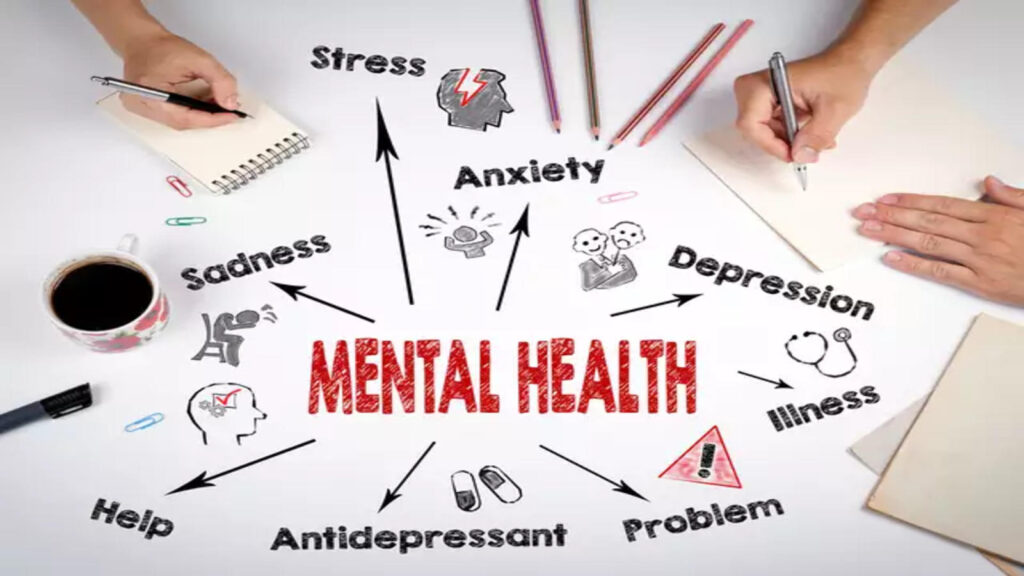
Table of Contents
What are symptoms of mental health
Mental health symptoms are depended on the condition of the person, but here are some symptoms that can be helpful :
Emotional Symptoms:
- Persistent sadness or low mood: This is a stage where a person feels very lonely and feels very helpless and hopeless.
- Excessive fear or worry: This is a very common symptom in your life you had seen these type of people this is your friend, family member, your partner anyone they’re always feeling anxious without any clear reason and overreacting to small concerns.
- Mood swings: Changing emotions very quickly like just a little while ago you are happy but after some time your emotions will be changed into emotional and again into anger this is a sign.
- Irritability or frustration: We have seen this type of people around us, who’s angry all the time and upset a little bit of issues.
Cognitive Symptoms:
- Confusion or difficulty concentrating: If you are facing a problem of focusing on anything like your study, your work and goals, or you are very confusing of making decisions, and you’re not remembered things, that is a symptom of mental health.
- Negative or intrusive thoughts: This is the stage where person thinking about negative thoughts like self-harm and worthlessness or despair.
- Obsessive thinking: If your mind thinking repeated thoughts and fear, and you’re often always irrational or exaggerated.
Behavioural Symptoms:
- Withdrawal from social activities: If you are mind says, being alone, and you’re avoiding your friends, family or any events you always used to enjoy, this is a sign of Behavioural Symptoms.
- Changes in sleep patterns: If you are sleeping too much or lack of sleep or experiencing insomnia, this is not good for your mental health or physical health also.
- Changes in appetite: Excess of eating food or lack of eating, and leading to your weight changes.
- Substance abuse: Increased use of alcohol, drugs, or other harmful behaviours to cope.
Physical Symptoms:
- Fatigue: If you’re feeling tired all the day, lack of energy, this is a symptom of physical.
- Unexplained aches and pains: Sudden pain occurs like headache, stomach pain and did not find any clear medical causes why it comes.
- Restlessness or agitation: If you are not doing relax and feeling always on edge or constantly moving, working all the day.
Psychotic Symptoms (in more severe cases):
- Delusions: Strongly held false beliefs, such as thinking people are out to get you.
- Hallucinations: Seeing, hearing, or feeling things that aren’t there.
If any of these symptoms persist for an extended period, it’s important to seek professional help.
Joint pain treatment >>
Top 10 Mental Health Centres In India
National Institute of Mental Health and Neurosciences (NIMHANS), Bangalore
In India, the National Institute of Mental Health and Neurosciences (NIMHANS) is a shining example of excellence in the fields of neuroscience and mental health. NIMHANS, a leading institution that has pioneered cutting-edge research, education, and patient care since its founding in 1974, is tucked away in the energetic metropolis of Bangalore. NIMHANS, which is well-known for its multidisciplinary approach, skilfully combines clinical knowledge with cutting-edge research in the neuroscience, psychiatry, psychology, and neurology domains.
They do more than simply cure; they also look, enquire, and delve farther. The mission of NIMHANS is to comprehend the complexity of the human mind, not just to heal patients. Every clinic and program has two goals: the first is to treat the patient as a whole, not just the illness. They quietly and non-intrusively try to alter the stigma associated with mental health in a country where it has long been practiced with shame. NIMHANS continues because it must, changing lives, influencing legislation, and making the required sacrifices. There’s not a substitute.
All India Institute of Medical Sciences (AIIMS), Delhi
The All India Institute of Medical Sciences (AIIMS) is a representation of leadership in healthcare and quality medicine in India. Known for its dedication to patient care, education, and research, AIIMS has produced some of the best medical professionals and has led the way in medical advancements. AIIMS is a vital institution for training the future generation of healthcare professionals and providing high-quality medical services to a wide variety of patients. It boasts state-of-the-art facilities and a diversified range of medical specialities.
Training mental health practitioners, promoting psychiatric disease research, and integrating mental health into the larger healthcare system are all priorities for the organization. By allocating funds for mental health advocacy, education, and treatment, AIIMS not only helps people who are struggling with mental health concerns but also significantly contributes to lessening the stigma attached to mental health in general society.
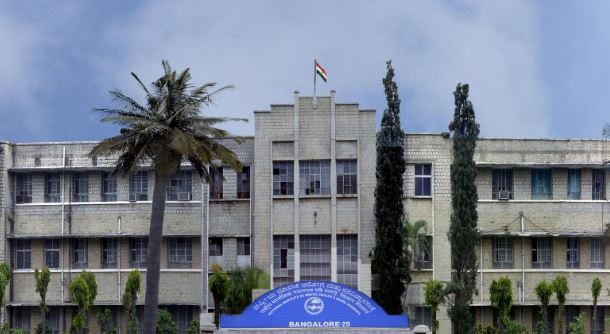
Central Institute of Psychiatry (CIP), Ranchi
One eminent establishment committed to improving mental health in India is the Central Institute of Psychiatry (CIP) in Ranchi. As a leading specialist in psychiatric treatments, CIP has established its reputation by combining traditional and modern methods to mental healthcare. The institute’s commitment to comprehensive mental well-being is demonstrated by its multidisciplinary approach and emphasis on community engagement.
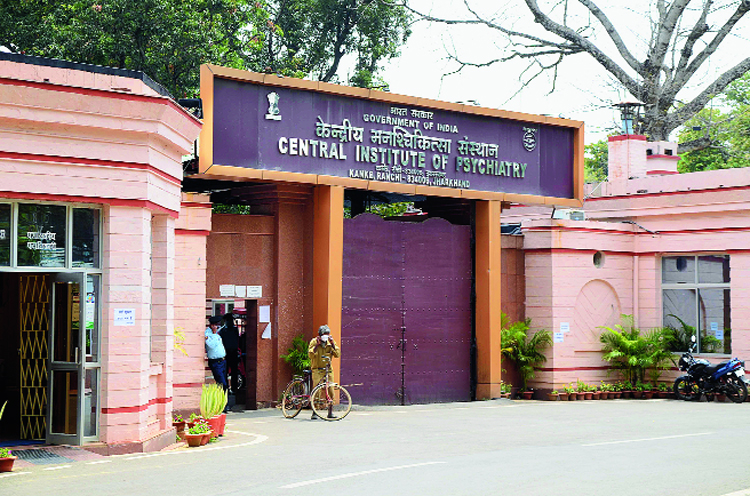
Institute of Human Behaviour and Allied Sciences (IHBAS), Delhi
Situated in the central region of Delhi, the institute functions as an all-encompassing centre for psychiatric care, providing an extensive range of specialised treatment methods for diverse mental health conditions. IHBAS prioritises education and research, making a substantial contribution to the body of knowledge in the fields of psychiatry and related disciplines. The institute’s aim to lessening the stigma associated with mental health disorders in society is seen in its support of community outreach and mental health awareness initiatives.
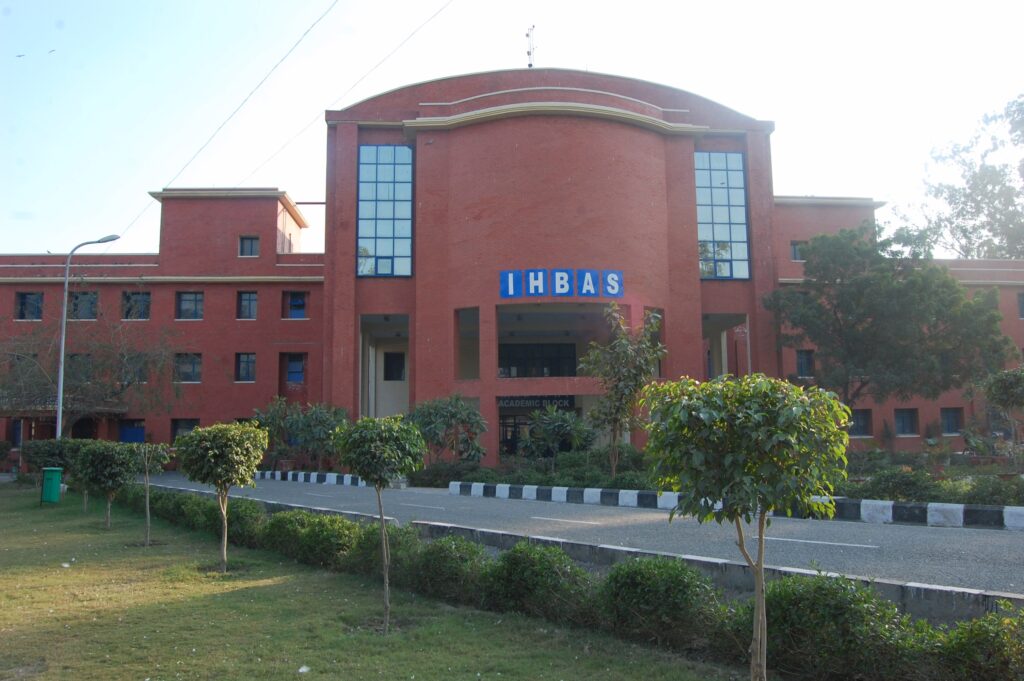
Lokopriya Gopinath Bordoloi Regional Institute of Mental Health (LGBRIMH), Tezpur
The institute’s primary goals are research and teaching, which help people in the area understand and treat mental health conditions that are common. By combining modern and traditional methods, LGBRIMH aims to promote mental health while taking into account the unique cultural characteristics of the northeastern communities. The institute, a leader in the region for mental health, carries on Lokopriya Gopinath Bordoloi’s legacy by offering the people of Assam and the surrounding states high-quality, compassionate mental health care.
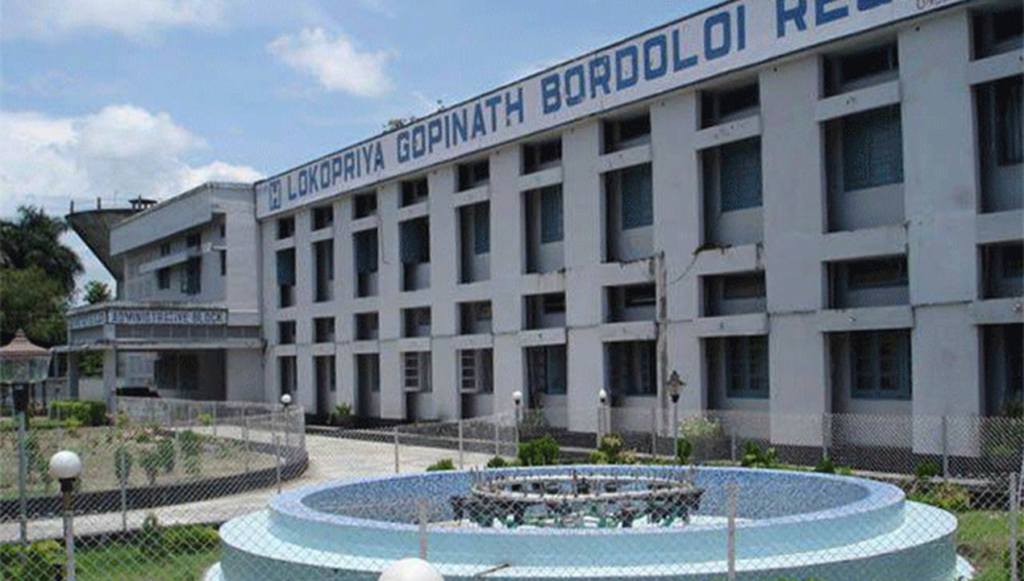
Mental Health Institute (MHI), S.C.B. Medical College, Cuttack
In Cuttack, Odisha, the Mental Health Institute (MHI), connected to S.C.B. Medical College, is a vital hub for mental health care, training, and research in the area. Since its founding as an essential component of S.C.B. Medical College, MHI has played a significant role in meeting the community’s mental health needs. The centre offers a range of services from diagnosis and treatment to rehabilitation and community mental health programs, with a focus on delivering comprehensive psychiatric care.
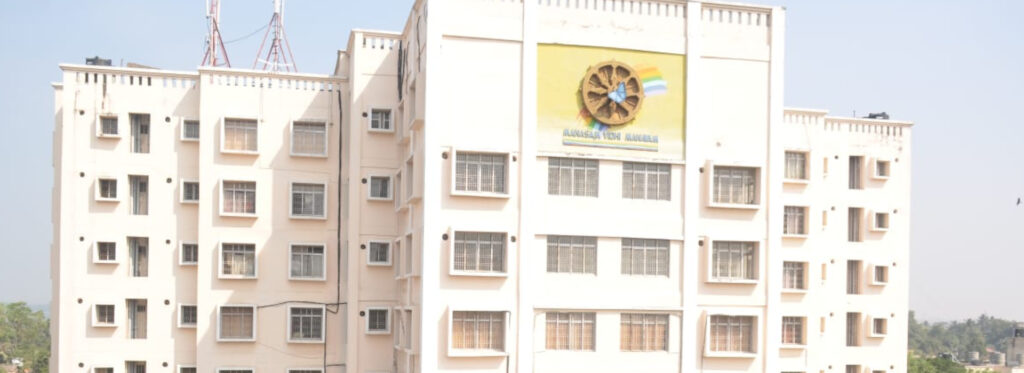
Rajasthan University of Health Sciences (RUHS), Jaipur
RUHS, which was founded in 2005, is essential in offering top-notch instruction, training, and research opportunities in a range of health sciences fields. The institution is dedicated to promoting excellence in the sectors of paramedicine, nursing, pharmacy, dentistry, and medical education. RUHS educates a new generation of healthcare professionals with an emphasis on innovation and modern healthcare practices, giving them the knowledge and abilities necessary to handle the field’s changing difficulties.
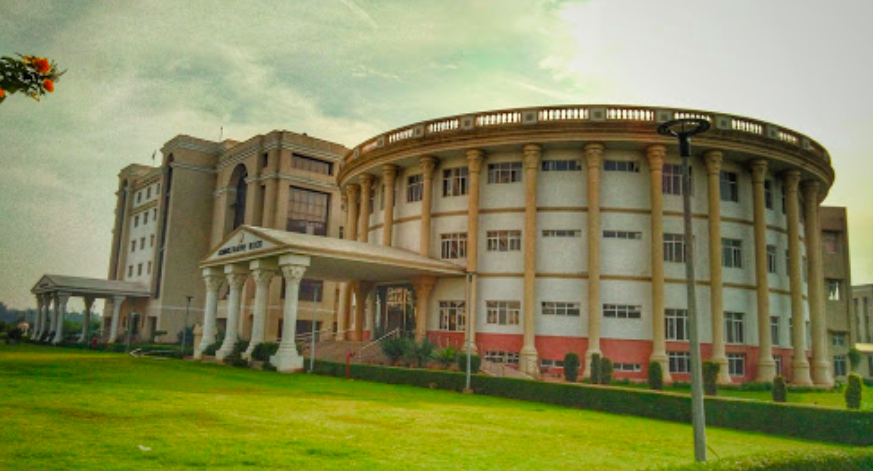
Post Graduate Institute of Medical Education and Research (PGIMER)
The institute is well-known for its demanding postgraduate training programs, which result in a pool of knowledgeable and caring medical professionals that make substantial contributions to the national and global healthcare scene. PGIMER’s dedication to research is demonstrated by its multiple contributions to the medical literature and innovations across a range of specialisations. Modern facilities at the institute promote an atmosphere that is favourable to both academic and medical innovation.
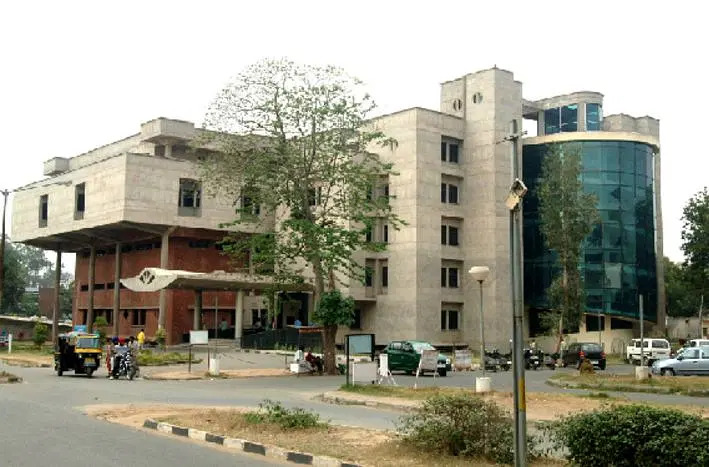
Institute of Mental Health and Hospital (IMHH), Agra
In addition to focussing on clinical competence, IMHH also aims to destigmatise mental health concerns and engage the community. The institute advances knowledge of mental health care techniques and broadens understanding of mental health issues through its research and educational efforts. IMHH is an important part of the historic city of Agra, helping people maintain mental health and providing ongoing support to families and individuals who are struggling with mental health issues.
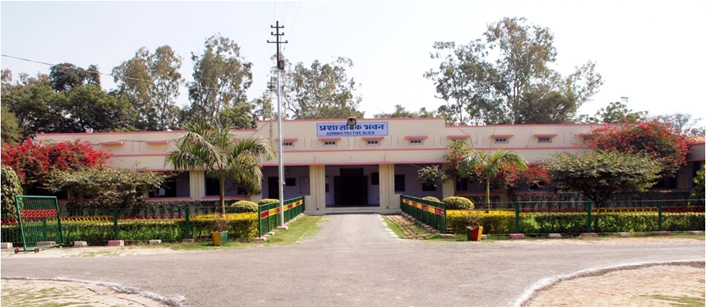
Nagpada Police Hospital, Mumbai
Nagpada Police Hospital is a vital component of the law enforcement support system and demonstrates the dedication to the health and well-being of individuals who protect public safety in Mumbai’s dynamic city. Located in the busy metropolis of Mumbai, is essential to the provision of medical treatment for police officers and their families. The hospital was founded with the express purpose of meeting the particular medical requirements of law enforcement officers. It is a vital component in guaranteeing the physical and mental health of those who defend and serve.
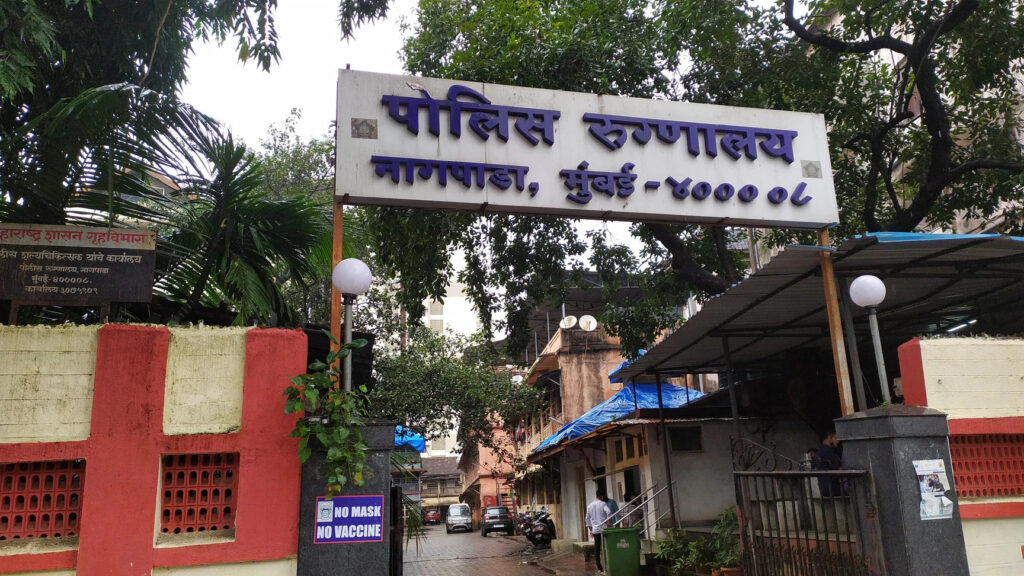
Conclusion
In the end, mental health care is a fight worth fighting. It’s about facing the unseen battles that people carry inside, the ones no one talks about but that weigh heavy all the same. To treat the mind, you need more than medicine—you need understanding, patience, and a steady hand. The way forward is clear: open the doors, lift the shame, and give people the help they need. When you do that, you don’t just heal one person—you make the whole community stronger. It’s hard work, but the kind that matters. There’s no other way.
What is mental health?
Mental health refers to our emotional, psychological, and social well-being. It affects how we think, feel, and act, as well as how we handle stress, relate to others, and make decisions.
What are common mental health disorders?
Common mental health disorders include anxiety disorders, depression, bipolar disorder, schizophrenia, post-traumatic stress disorder (PTSD), and obsessive-compulsive disorder (OCD).
What are the signs of poor mental health?
Signs of poor mental health can include changes in mood, withdrawal from friends and family, changes in eating or sleeping patterns, fatigue, difficulty concentrating, and feeling overwhelmed or hopeless.
How can I improve my mental health?
Improving mental health can involve practicing self-care, staying connected with loved ones, seeking therapy, exercising regularly, maintaining a balanced diet, and engaging in activities that bring joy and relaxation.
When should I seek professional help?
You should seek professional help if you experience persistent feelings of sadness, anxiety, or hopelessness, have difficulty functioning in daily life, or if your thoughts or behaviors are becoming harmful to yourself or others.
